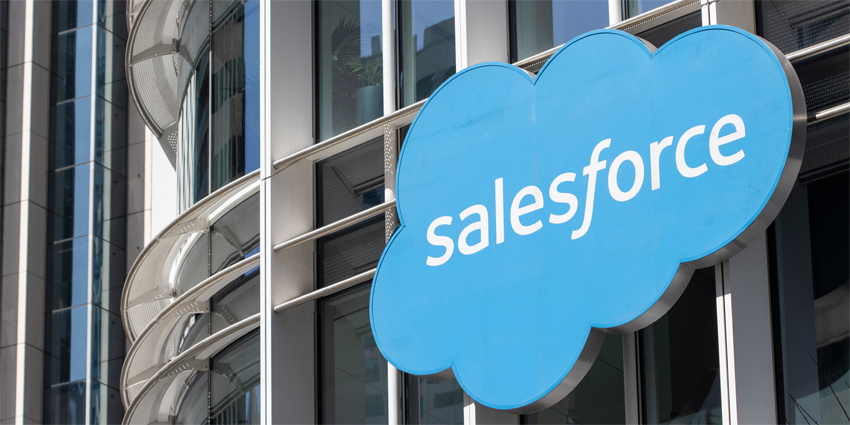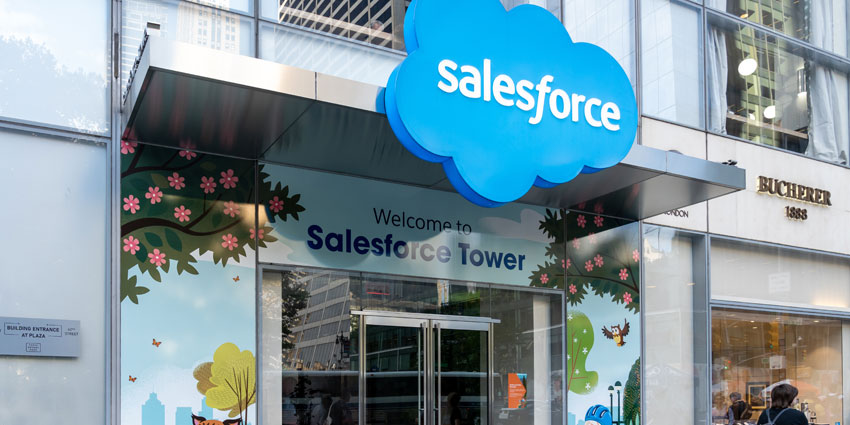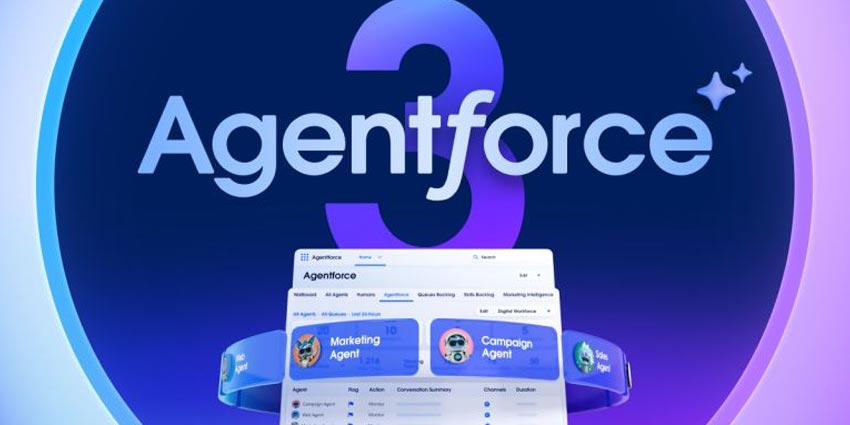CRM giant Salesforce is feeling the effects of “stretched” sales cycles and a slowdown in its deal closing rate as inflation worries make their way into the enterprise CX software market.
Executives on an earnings call lowered their sales forecasts for the remainder of the year, citing a strong dollar and higher scrutiny over deals from buyers. They also trimmed the company’s revenue growth target to 17 percent, down from the 20 percent forecasted three months ago.
The company increased its revenue last quarter by 22 percent year on year, to $7.7 billion.
In an unusual move for a fast-growing tech company, Salesforce also announced its first-ever share buyback program, earmarking $10 billion for it.
Companies can use share buybacks for a variety of reasons, including to look more financially attractive in order to prop up their share price, if they expect an impact on their revenue.
While common among established firms in many industries, tech companies have rarely paid dividends or returned money to investors via buybacks during their “growth” phases.
While an upcoming slowdown looks worrying, co-CEO Marc Benioff said that Salesforce had been through a number of these cycles, as he added:
Sales cycles can get stretched. Deals are inspected by higher levels of management, and all of this we began to start to see in July. Nearly everyone I’ve talked to is taking a more measured approach to their business.
His comments echo HubSpot CEO Yamini Rangan’s, who said in an earnings call that “SMBs need to do more with less as they navigate the current macroeconomic environment. They’re looking for ways to consolidate their fragmented tech stack of point solutions.”
Salesforce is not the only player in the CX industry feeling the heat: HubSpot, ServiceNow, and Avaya have all noticed a slowdown in sales.
However, not all industries have responded equally to the impending slowdown. Salesforce CFO Amy Weaver said that retail, consumer goods, and communications and media were the most impacted, while demand from high tech, energy, and financial services stayed more consistent during the quarter.
She also said that Salesforce’s commerce and marketing products saw “more pronounced decelerations”, while sales and service solutions held on.
Elsewhere, Salesforce recently released a “lite” version of its flagship CRM, aimed at helping businesses contain costs amid a worsening economic climate.







